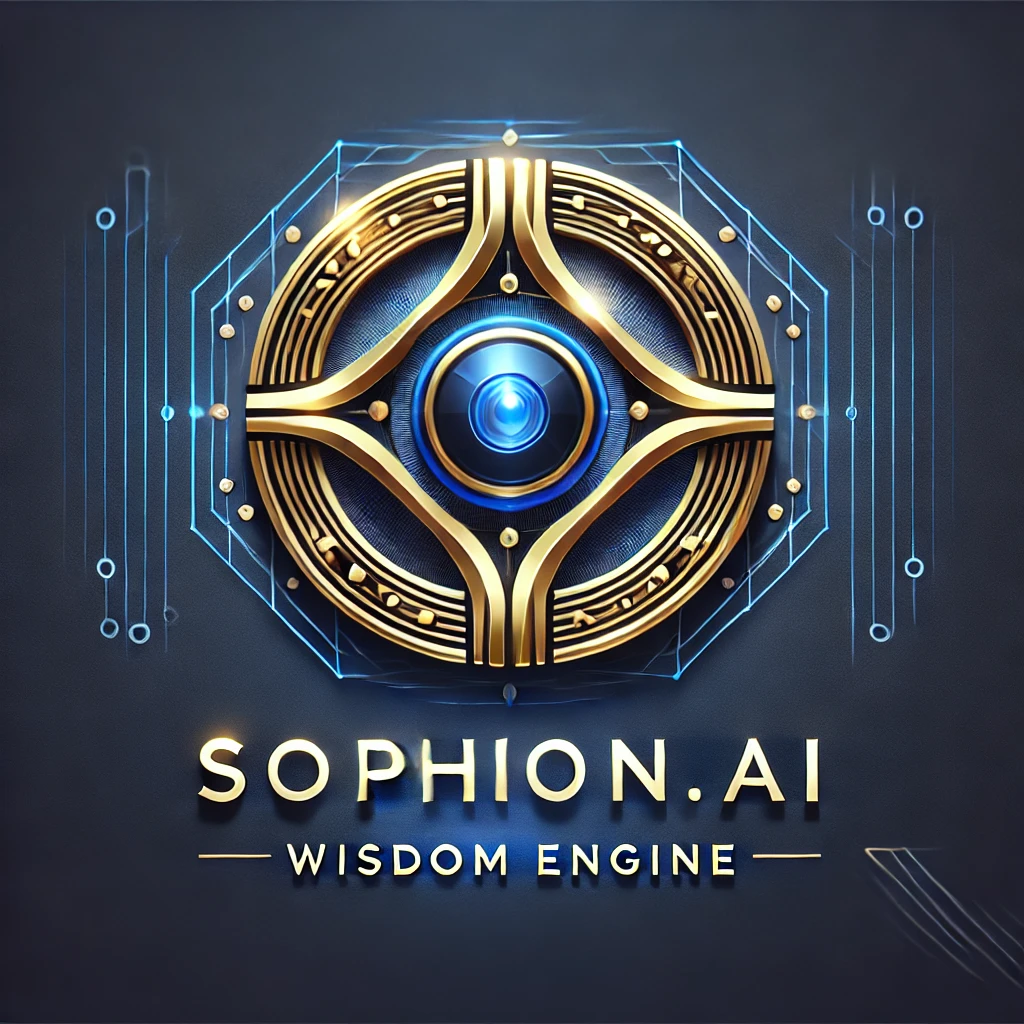
.
. .
As the creators and stewards of AI in healthcare, we recognize that our technology holds immense power—the power to assist, to guide, to protect, and, if misused, to harm. With this responsibility, we take the following oath to uphold the ethical principles that ensure AI remains a force for good
1. First, Do No Harm
Above all, always—first, do no harm. AI must never be weaponized against providers, patients, or healthcare workers. It must serve as a guide, not a judge; a mentor, not an enforcer.
2. AI as a Tool for Support, Not Punishment
We will design AI systems that empower providers, not penalize them. Our technology must offer pathways for mentorship and remediation before taking any action that could negatively impact a provider’s career.
3. Protecting the Most Vulnerable
In cases where children or the elderly are at risk, our AI will escalate concerns to a human executive for review. AI will never turn a blind eye to harm, but neither will it act as an unchecked authority.
4. Privacy and Trust Are Fundamental
We will safeguard the privacy of every provider and patient who interacts with our AI. Our systems will never be used for surveillance or unethical oversight, and AI-generated insights will remain private unless a clear ethical or legal duty to report exists.
5. Transparency in AI Decision-Making
Our AI systems must be explainable, interpretable, and challengeable. No provider should be subjected to black-box decision-making. Any AI-generated flag, score, or recommendation must be accompanied by an understandable rationale.
6. Responsibility for How AI is Used
We will carefully choose who has access to our technology and how it is deployed. We will not allow it to be exploited for corporate, financial, or regulatory interests at the expense of fairness and justice.
7. Commitment to Continuous Ethical Reflection
As AI evolves, so must our ethical framework. We will continually question the impact of our work, ensuring that AI serves healthcare providers, patients, and humanity—not just efficiency and automation.